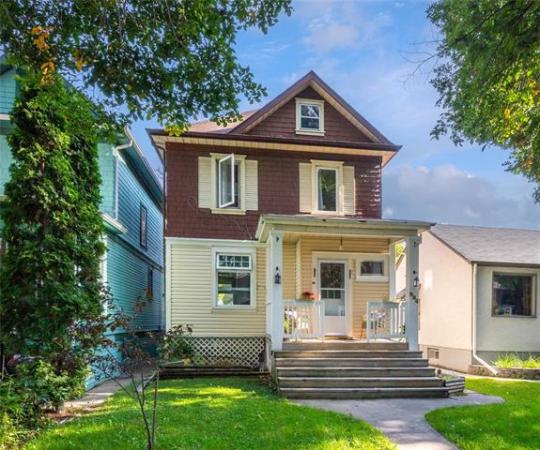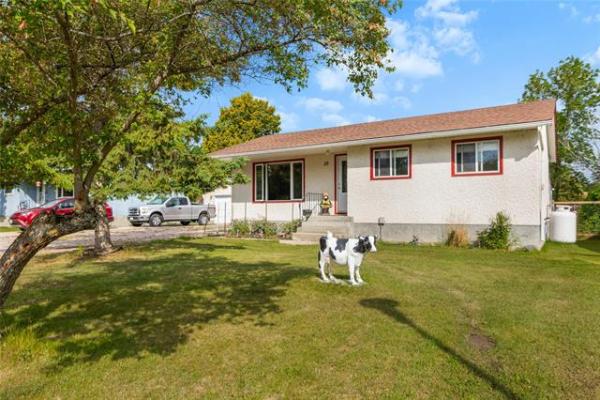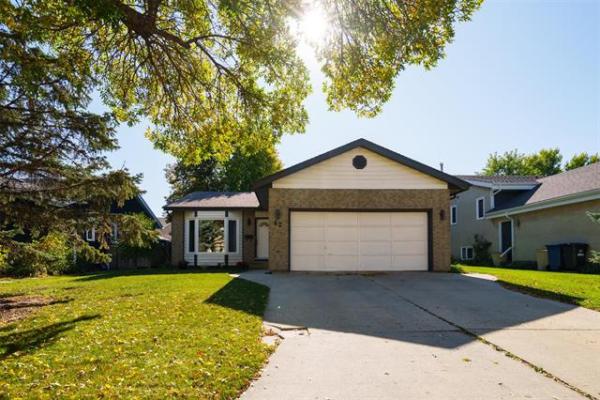Question: If I turn off my water heater while on an extended vacation in the winter, is there a chance my pipes can burst? I know the water is drained from the pipes, but can something happen? Also, would there be a savings on my electric bill? Thanks, Joe S.
Answer: Shutting down a water heater for a long time when it is not in use should not have any negative affects on the water supply piping. In fact, turning it off, or reducing the temperature to the lowest possible point, will save a small amount of electricity and slightly lower your Hydro bill, and is definitely recommended.
Your electric water heater is a very simple mechanical device used to heat a significant amount of water, held in a large tank, with electric elements inside the water. The desired temperature of the water can be adjusted by one or more thermostats, typically located behind the access covers for the elements. These are pre-set at the factory and may not need to be accessed or adjusted unless there is a failure or defect. Once the tank is filled and the circuit breaker turned on to energize the unit, there may be little to no maintenance required for proper operation for over a decade. Hot water will be available on demand at the house faucets, which are connected to the heater through the water supply piping in the home.
Since the water heater is directly connected to the water supply pipes, whether they are metal or plastic, the entire system is under pressure. For a municipal water system the pressure may be quite regular, but will be more variable for a well and pump arrangement in some areas and rural or vacation homes. Turning the power off to your water heater will have absolutely no negative consequences for the supply pipes. The hot water will remain inside the tank, and not in any pipes, unless a faucet is opened. There are two main ways that leakage can occur in this system, firstly from a pipe or joint that opens up, or from the thawing of frozen pipes.
For your home, you suggest that the water will be drained from the pipes during your extended winter holiday. If you have municipal water, that will be accomplished simply by shutting off your main valve and opening several faucets to drain the majority of the water. That will eliminate the pressure inside the pipes and ensure that any leaks that may occur while you are away will not cause a serious flood or even an extended flow of water. To be extra diligent, the faucet at the lowest point in the home should be left open, and other higher ones all opened after shutting the main valve. This will ensure there is very little water left in the entire system, except the water heater, and will prevent damage if there is a power failure and the heat shuts off. If you have a pump and well system, the entire system should be drained, including the water heater.
The main way that there can be a major issue is if the system is still pressurized, either by municipal water or a pump, and the power goes out, allowing the home and the pipes to freeze. Water inside the full pipes will expand as they freeze, possibly causing the pipes or the joints to crack or open. When the weather warms, or the heat is restored, the breached pipes will leak and will not stop until the water is shut off, or the pressure drops near zero from the pump. If you are in an area where there may be regular power outages, and frozen pipes are more likely, draining everything prior to leaving home is the way to go.
If you are in a town or city where you have reliable municipal water supply, extended-leave preparedness should be the simplest. First, shut off the power to your water heater. This is critical to do before the next step, as you never want the level inside the water heater tank to drop below an energized element. This will cause the element to burn out almost instantaneously, requiring an immediate repair. After that is done, turn off the water supply in the entire home at the main valve. If you are not concerned about an extended power outage, you may now leave your home fairly confident of a non-issue. To be even safer, you could open several of the faucets in the home, draining the water from the system and dropping the pressure almost to zero, preventing any water issues even from a previously undetected leak. Just make sure that the pipes are completely filled upon return before re-energizing the water heater elements, to prevent a burn-out.
The final benefit of turning off the breaker to your water heater while away is both environmentally and wallet friendly. There is no need to heat a large tank of water for several weeks, or months, when not in use. While the tank is insulated and will keep the water hot for some time when the faucets are not opened, it will eventually cool and cause the elements to turn on and reheat its contents. This is a needless waste of precious energy and money, which is easily avoided.
Turning off the power to your electric water heater will have absolutely no negative outcomes on the water supply pipes in your home. With a few simple precautions, doing so will be the wise choice for both economic and energy conservation reasons.
Ari Marantz is the owner of Trained Eye Home Inspection Ltd. and a Registered Home Inspector (RHI). Questions can be emailed to the address below. Ari can be reached at 204-291-5358 or check out his website at trainedeye.ca.
trainedeye@iname.com



